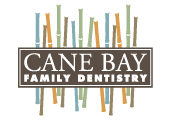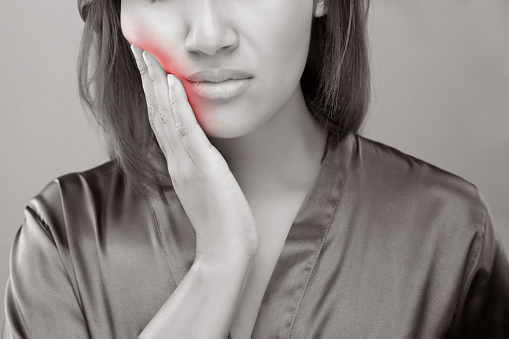Several males and females face rising health concerns in their older age, amongst which osteoporosis and resulting tooth loss are noteworthy. Osteoporosis is a health condition in which the bones lose density, become brittle, and are prone to fractures.
The disease can adversely impact any bone in the body. However, the hip, waist, and spine bones are most commonly affected. Due to low bone mass, over 53 million people in the United States either already have osteoporosis or are at an increased risk of getting it.
Effects Of Bone Loss
Research proves there is a strong connection between bone loss in the jaw area and osteoporosis; the jaw bone anchors and supports the teeth, so when the jaw bone loses its density, there is a high chance of tooth loss, which is very common in older adults.
Many studies have proven the link between decreasing tooth mobility, i.e., loose teeth and the loss of alveolar bone. Females with osteoporosis are three times more likely to experience tooth loss than women without this health condition. Moreover, low bone density can also result in other dental problems, such as low optimal outcomes from oral surgeries, loose dentures, etc.
Moreover, dental problems that indicate low bone density are loose teeth, gum decay, and receding gums. Since people visit their dentists more often than doctors, dentists are more likely to help identify people with less dense bones and motivate the patients to discuss their bone health with their doctors.
Impact Of Osteoporosis Treatments On Oral Health
Even though it isn’t quite known whether treating osteoporosis has the same impact on oral health as it does on other bones, research conducted suggests that scientists are optimistic about the efforts to improve skeletal bone density and its favorable effect on dental health.
If you suffer from osteoporosis, contact consult at Cane Bay Family Dentistry to learn how you can protect your teeth.

